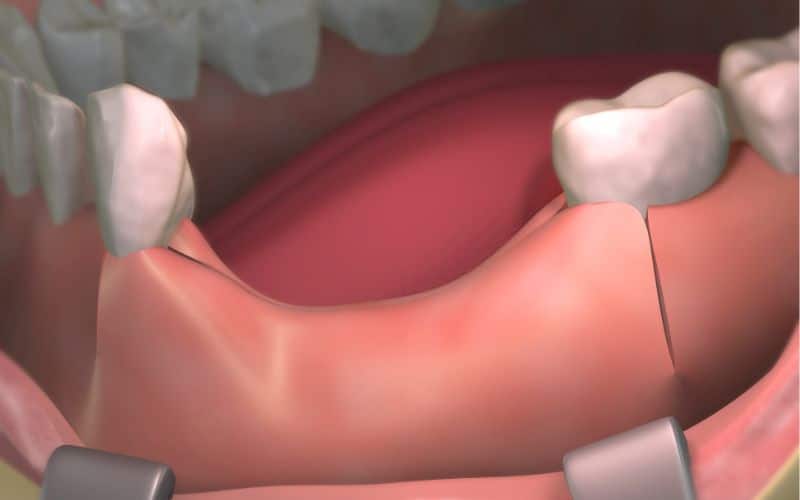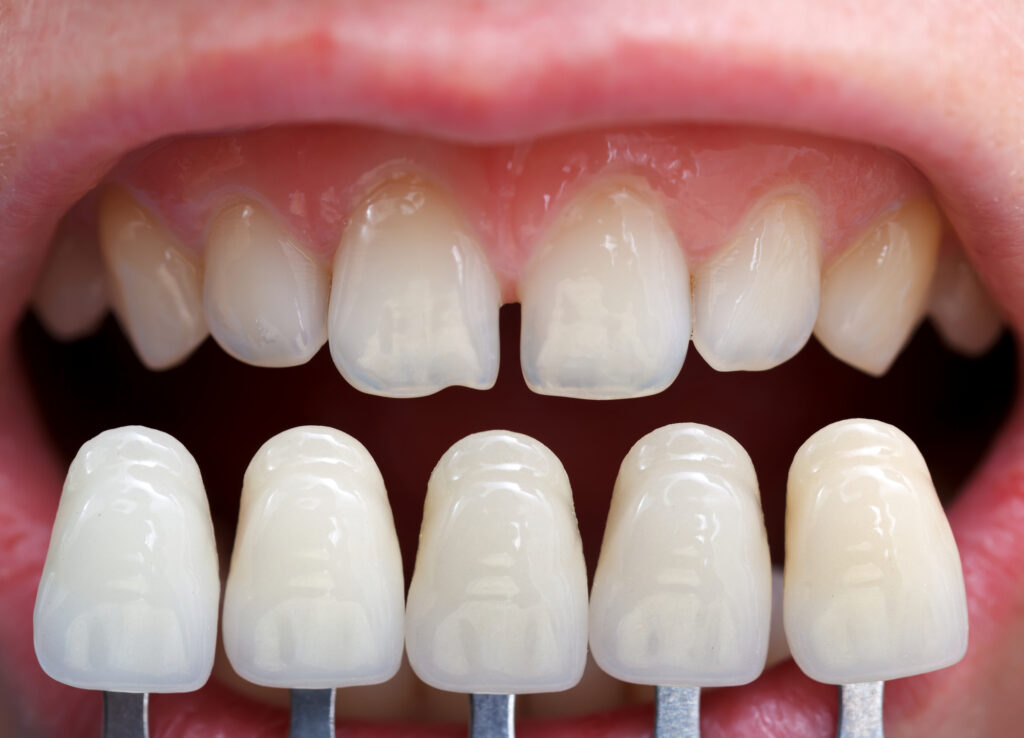Dental implants are permanent replacements for missing teeth. They consist of an implant post, a connector piece (called an abutment), and a crown that replaces the natural tooth.
In order to be successful, an implant requires healthy gums and jaw bone matter. Left untreated, gum disease can advance to periodontitis and eat away at precious bone, making implants less viable.
Gum Disease

Gum disease can affect a person’s oral health and their candidacy for dental implants. The condition can lead to tooth loss and may also be linked to other serious health conditions like heart disease, diabetes, stroke and more. However, those who have mild to moderate gum disease can often still get implants if they work to bring their condition under control. This can include regular cleaning appointments with a periodontist and maintaining a strict oral hygiene routine.
The main concern is that dental implants require healthy surrounding tissue to support the abutment and crown. If gum disease continues untreated, this can deteriorate the bone tissue around the implant. This means the implant won’t receive the necessary support and may fail.
For this reason, patients who want to undergo the treatment must ensure that they are gingivitis free. If they aren’t, they must treat it to prevent the condition from progressing to periodontitis. This can be done with regular cleanings, a good diet and an avoidance of smoking.
Gingivitis
Gum disease leads to a progressive loss of bone and soft tissue that makes it difficult to get dental implants. Implants are best placed while there is still enough bone to support them. If gum disease is treated before it progresses to periodontitis, there should be sufficient bone for the implant.
Gingivitis around a dental implant can turn into peri-implant mucositis, which is very similar to periodontitis in natural teeth. The condition can cause jaw bone deterioration and pocket formation around the titanium post. It can also lead to infection of the surrounding hard and soft tissues, which may require surgical intervention.
Diabetics have an increased risk of complications during the recovery process for implant surgery. The condition can affect blood flow to the gums, which can make it harder for the mouth to heal after treatment. It is important to get diabetes under control before having the procedure done. Patients with controlled diabetes have up to a 95 percent success rate when receiving dental implants.
Bone Loss

While tooth restoration options like dentures and bridges are able to replace lost teeth, they can’t prevent the loss of bone density in the jaw that causes changes in the facial structure and even affects the temporomandibular joints (TMJ). Dental implants are the only option that preserves the jawbone and prevents additional bone loss with a process called osseointegration.
However, if you’ve lost bone density due to gum disease or simply waited too long before replacing your missing teeth, dental implants may not be an option. In this case, you’ll need to undergo a surgical procedure called a bone graft to restore the health of your jawbone.
During the bone graft, damaged or low-density bone is combined with bone matter from another part of your body. Over time, the bone fuses to form a strong foundation for your implant. Dental professionals may also use PRP or PRF, which contains growth factors that help speed up healing and tissue regeneration to facilitate a successful outcome.
Treatment

Unlike other teeth replacement options, dental implants are anchored to the jaw bone through a process called osseointegration. The titanium implant rod acts as the tooth root, encouraging bone growth and preventing other teeth from shifting or moving into the open space.
Your dentist can recommend the best implant treatment for you once your gum disease is treated. If you have significant bone loss, the dentist may suggest a bone graft or another procedure to replace lost tissue and encourage a favorable prognosis for dental implant placement.
Healing and success of the dental implant requires a large volume of healthy jaw bone at the treatment site to support the anchor and absorb chewing forces. Other factors that affect eligibility for dental implants include poor oral hygiene, smoking and clenching of the teeth, uncontrolled chronic diseases such as diabetes or heart disease, and radiation therapy to the head/neck area. Improving oral health through treatment of gum disease can also improve overall health.




